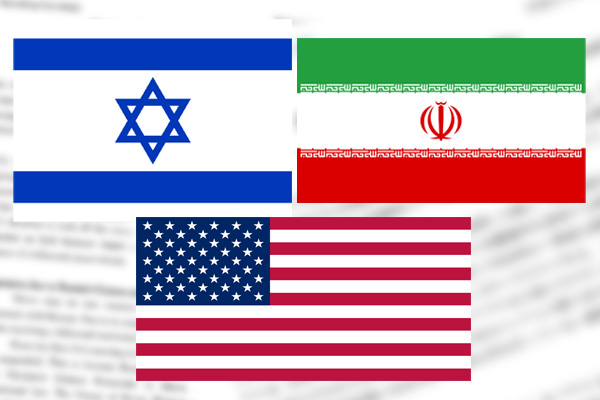The Israeli and U.S. attacks on Iran should be understood as an extension of the war on terror launched by the U.S. George W. Bush administration. In response to the September 11, 2001, terrorist attacks on the United States by the Islamic extremist terrorist group al-Qaeda, the Bush administration mobilized military forces to counter the enemy, rather than deploying police to handle the situation as a criminal matter. When police respond, even terrorists are granted certain human rights and various considerations are made. However, when the military responds, although efforts are made to avoid involving unrelated individuals as much as possible, relentless attacks are carried out against the terrorists.
Concerns about terrorist groups acquiring nukes
The Bush administration grew alarmed that if terrorist organizations acquired weapons of mass destruction, such as nuclear weapons and poison gas, they would carry out suicide attacks on the U.S. mainland. In January 2002, then President Bush made it his goal not only to bring terrorists to justice, but also to prevent state sponsors of terrorism from using weapons of mass destruction to intimidate the U.S. and its allies or from handing such weapons over to terrorists. He vowed to launch war to stop state sponsors of terrorists from possessing weapons of mass destruction.
At the time, Bush designated three state sponsors of terrorism, namely North Korea, Iran, and Iraq, as the “Axis of Evil.” Iraq actually had a history of using poison gas in war. North Korea and Iran were secretly obtaining uranium enrichment technology from Pakistan to continue their nuclear development programs. John Bolton, then undersecretary for arms control and international security, met with Dr. Abdul Qadeer Khan, known as the father of Pakistan’s nuclear development program, and obtained his testimony that he taught uranium enrichment technology to North Korea and Iran. I have heard this directly from Bolton. Last weekend, the U.S. military used the sophisticated ground-penetrating bomb, the GBU-57 Bunker Buster, to attack an Iranian underground uranium enrichment facility to which Pakistan provided the technology.
In October 2023, Israel was attacked by Hamas, an Islamic militant organization that controlled the Palestinian territory of Gaza. Behind the attack was Iran, which has described Israel as an” illegal occupier” of Palestine. Senior Iranian officials have called for “erasing Israel from the map.” Israel is now waging a war on terror not only to defeat terrorist organizations such as Hamas, but also to prevent Iran, a state sponsor of terrorism, from having nuclear weapons and enabling terrorists to carry out nuclear attacks.
Japan has no determination to fight
It seems to me that the U.S. military’s latest strikes on Iran’s nuclear facilities reflect the U.S., which has suffered the 9/11 attacks, sympathizing with Israel’s desperate self-defense efforts to resort even to war to stop the state sponsor of terrorism from possessing weapons of mass destruction. Having endured the tragedy of the Nazi genocide, Israel is determined to ensure such a tragedy never happen again.
North Korea, another state sponsor of terrorism, has already operationally deployed nuclear missiles within range of Japan. Moreover, North Korea continues the terrorist act of abduction of Japanese nationals. Japan, which has suffered nuclear attacks in the past, is not as determined to fight as Israel is.
Tsutomu Nishioka is a senior fellow and a Planning Committee member at the Japan Institute for National Fundamentals and a specially-appointed professor at Reitaku University. He covers South and North Koreas.


